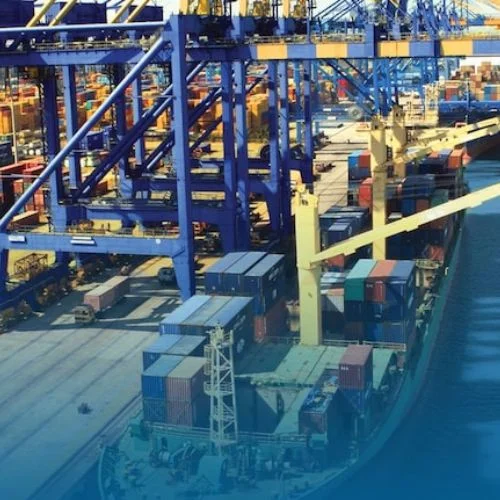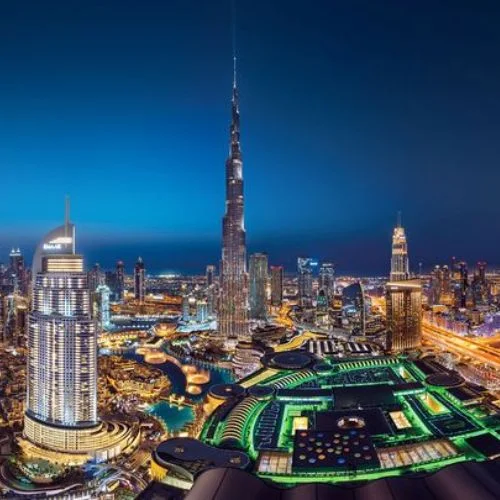A Memorandum of Understanding (MoU) for the building of two pumped hydro storage projects (PSP) totalling $13,000 crore has been signed between Tata Power and the Maharashtra government.
The two initiatives will assist the state reach its objective of having a $1 trillion economy by 2028 with a total capacity of 2800 megawatts. Over 6,000 people would be employed by the two facilities, which will be located at Shirvata, Pune (1800 MW), and Bhivpuri, Raigad (1000 MW).
Devendra Fadnavis, the deputy chief minister of Maharashtra, and Praveer Sinha, the CEO of Tata Power, were present at the signing event, which took place at Mumbai’s Mantralaya.
“The signing of this MoU is a major step forward in Tata Power’s journey towards clean and green energy future. Pumped Hydro Storage is a reliable and efficient way to store energy, and these projects will support renewable solar and wind projects to ensure reliable, 24/7 consistent power supply. This is a historic moment for both Maharashtra and Tata Power, and we are proud to be a part of this initiative,” said Praveer Sinha, CEO & MD, Tata Power
Water will be pumped from a lower reservoir to a higher reservoir when there is a surplus of energy, and when there is a peak in demand, the stored water will drive turbines, creating electricity. By combining alternative renewable energy sources like solar and wind with a peak and continuous power supply, this programme will considerably improve energy security. These projects will considerably contribute to cleaner capacity expansion in the nation by installing 2800 MW of pumped hydro power.
The Western Ghats have a lot of potential for pumped hydro storage projects due to their suitable geology and natural terrain. According to the firm, Tata Power has a century-long history in this area and now manages three hydropower projects: the 150 MW Pumped Storage Hydro Project at the Bhira Hydro Generating Station and the Khopoli, Bhivpuri, and Bhivpuri Hydro Generating Stations.
The water released from these plants has been crucial in the overall economic growth of Raigad and Thane districts, it added, just as the clean and sustainable power generated from these projects has played a significant role in the economic and commercial development of Mumbai and its surroundings.















